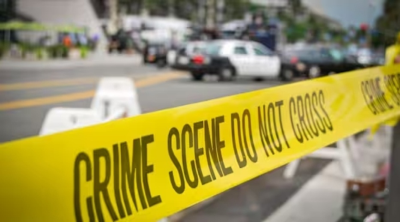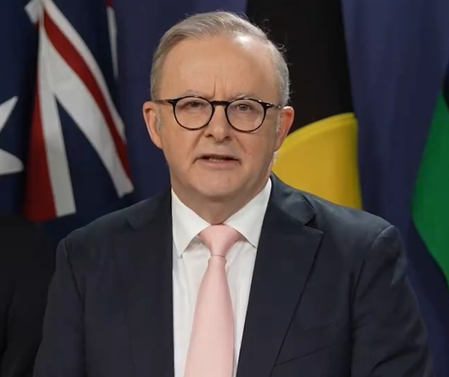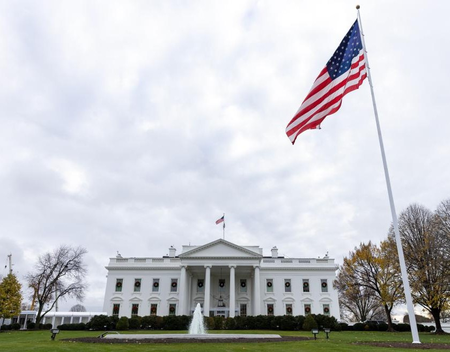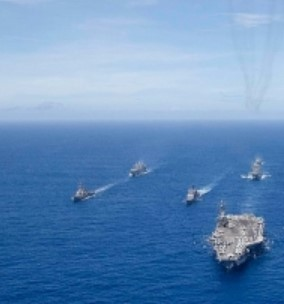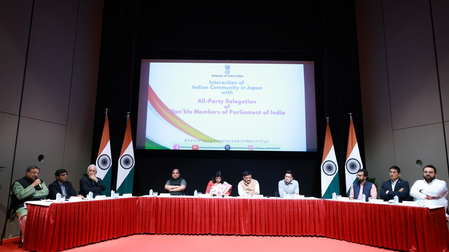
Tokyo, May 24 (IANS) An all-party parliamentary delegation led by Janata Dal (United) MP Sanjay Kumar Jha concluded a significant outreach visit to Japan by interacting with the Indian diaspora in Tokyo and emphasising India’s firm and united stance against cross-border terrorism, particularly the Pakistan-sponsored attacks.
The delegation — comprising MPs Aparajita Sarangi and Brij Lal (BJP), Abhishek Banerjee (Trinamool Congress), John Brittas (CPI-M), and senior Congress leader Salman Khurshid — underscored the importance of Operation Sindoor as a strategic shift in India’s response to terror.
They framed the military operation as India’s “new normal” in the face of recurring cross-border attacks and urged the global Indian community to amplify India’s message on terrorism.
At the Indian Embassy in Tokyo, Sanjay Kumar Jha explained the delegation’s purpose: “The aim is to help the diaspora understand the reality of the continuous terror threats we face. Many living abroad may not fully grasp the situation, and it’s vital to make the international community aware of Pakistan’s direct involvement through its government and army in such acts.”
The Indian Embassy mentioned that the delegation clearly explained Pakistan’s role in the April 22 Pahalgam terror attack, where multiple lives were lost, and how India responded by eliminating nine key terror bases in Pakistan and Pakistan-occupied Kashmir.
“They emphasised India’s zero tolerance for terrorism and conveyed the firm message that talks and terror cannot coexist. Blood and water cannot flow together,” the Embassy said in a post on X.
Jha also revealed images from Pakistan’s state funeral for terrorists neutralised in Operation Sindoor, exposing what he called the “real face” of the rogue state.
He added that while India had advanced as the world’s fourth-largest economy, Pakistan remained deeply unstable.
“I visited Srinagar, which thrives on tourism. After the terror attack, the local community has suffered immensely,” Jha said.
He cited Prime Minister Narendra Modi’s April 24 speech in Bihar’s Madhubani, where the PM warned that India would not only expose terror sponsors but actively target their bases — excluding civilian infrastructure.
“This is India’s new normal,” Jha declared.
A moment of silence was also held by the gathering to honour the victims of the Pahalgam attack.
Talking to IANS, BJP MP Hemang Joshi said, “Over our three-day visit, we met several distinguished Japanese leaders, including the former Prime Minister, the Speaker of the House of Representatives, the Foreign Minister and the Defence Minister. We presented detailed information about India’s anti-terror operations and stressed the need for a united global stance.”
He added that Japan reaffirmed its support for India’s fight against terrorism. Trinamool Congress MP Abhishek Banerjee said he was pleased with the discussions and even invited members of the diaspora to Kolkata for this year’s Durga Puja.
BJP MP Aparajita Sarangi echoed the sentiment. He told IANS, “We met with top political figures in Japan, including the Foreign Minister and the former Prime Minister. We’ve conveyed India’s clear position on terrorism, and we’re satisfied with the response.”
The delegation concluded its visit with a floral tribute at the tomb of freedom fighter Rash Behari Bose at Tokyo’s Tama Cemetery on the eve of his birth anniversary. The trip began with a tribute to Mahatma Gandhi, symbolising India’s historical commitment to peace and resilience.
Drawing parallels with the courage of India’s freedom fighters, the Embassy posted, “India today stands united with a resolve to combat terrorism in all its forms.”
–IANS
int/sd/dan

